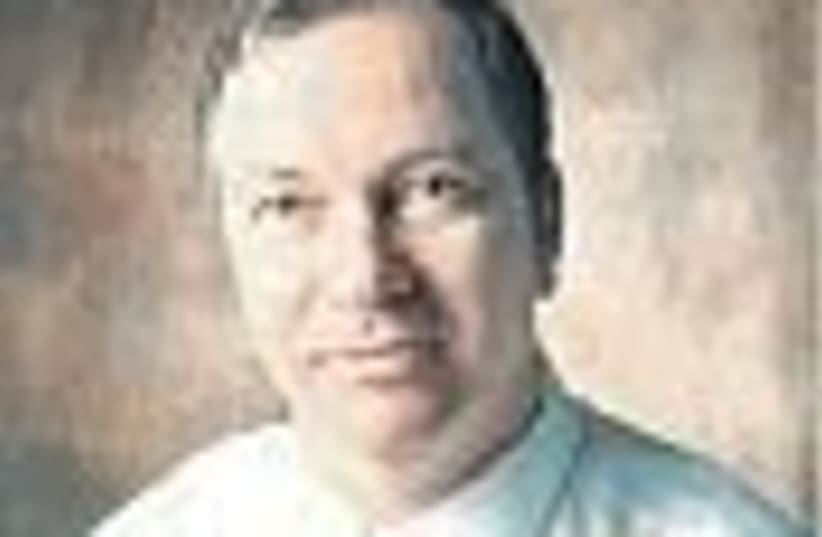| More about: | New York Mercantile Exchange, United States Department of Energy, Africa Israel Investments, Tel Aviv |
From gas attendant to oil tycoon
David Wiessman steers the Alon Group to spectacular new growth.


| More about: | New York Mercantile Exchange, United States Department of Energy, Africa Israel Investments, Tel Aviv |